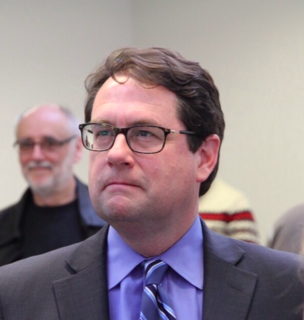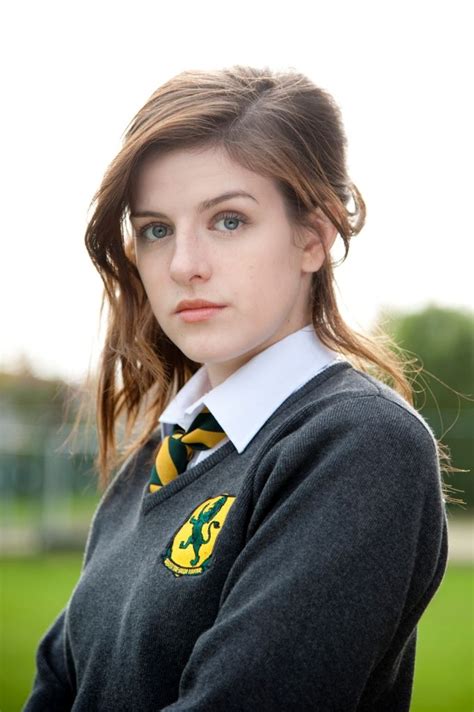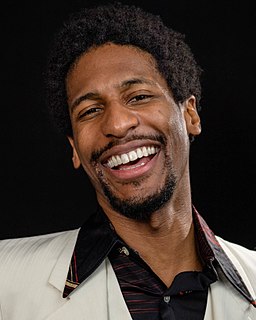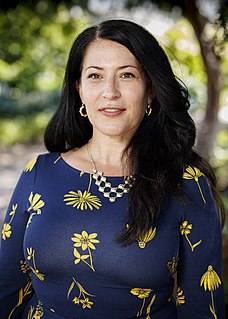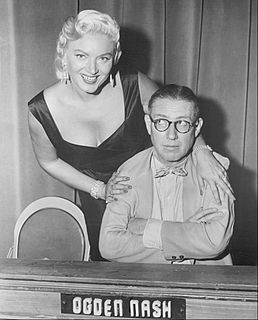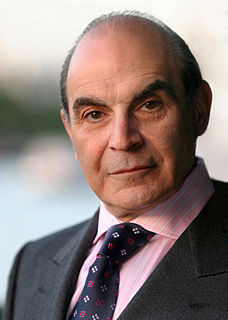A Quote by Michael Leunig
All good art is seditious, but the people in authority can never recognise it. I think when you mention sedition, artists are the ones whose eyes light up thinking, 'Oh, yes, I want some of that!'
Related Quotes
In your eyes
the light the heat
in your eyes
I am complete
in your eyes
I see the doorway to a thousand churches
in your eyes
the resolution of all the fruitless searches
in your eyes
I see the light and the heat
in your eyes
oh, I want to be that complete
I want to touch the light,
the heat I see in your eyes
I really hope that I can be as good as some people think I can be. But I may never work again... and that's the reality of the film industry. So, it's nice but I wouldn't want to go into something feeing like I needed to prove that I was good enough to be there. Maybe in some ways, it makes me think: "Do you know what? Some people think I'm alright, so maybe I should go into a job thinking I'm not rubbish." But I don't really think about it.
Only recently serious research into the relationship between photography and art has taken place. Why has it been so long in coming ? In some respects historical research is analogous with that of science. The bringing to light of factual material and the development of ideas is to a large extent cumulative. But when artists themselves were, from about 1910, beginning to tear down the bastions protecting Art in its ivory tower, questioning the idea of Art with a capital 'A', photography was inevitably to assume a new stature both in the eyes of artists and the public, too.
I always want to be doing both to travel as a teacher and lecturer, and to be a musician. I think in this generation institutionalizing the art form and spreading it to the younger generation through education is really important for all artists to have some hand in. Right now in popular culture and the mainstream, it's not a big part at all. I think education by young artists talking to young people, not just older people talking to young people, it gives an experience never felt before. I think over the years it will do a lot for the music.
Artists raise their kids differently. We communicate to the point where we probably annoy our children. We have art around the house, we have books, we go to plays, we talk. Our focus is art and painting and dress-up and singing. It's what we love. So I think you can see how artists in some way raise other artists.
I think, as poets, we are in the odd position of constantly defending our art form. Which is funny and also sort of invigorating, too. No one really says, "Oh you're a lawyer? I've never understood the law. In fact, I kind of hate it." Or, "Oh you wait tables? I didn't know that was something people did." I say it can be invigorating because, on some level, we have to evaluate what we do and why we do it almost daily. We have to explain ourselves to people all the time. We have to say, "Yes, I am a unicorn, believe in me."
No one escapes that moment of innocence when the world attacks him and installs within him the spirit of opposites... As long as everything within you is saying yes and no, dark and light, with big earth-shaking ideas, you come nowhere near art, I think. Light and dark don't exist for us as artists. Light is something given to you and you're allowing it to pass through.
But that wasn't fancy enough for Lord Byron, oh dear me no, he had to invent a lot of figures of speech and then interpolate them,
With the result that whenever you mention Old Testament soldiers to
people they say Oh yes, they're the ones that a lot of wolves dressed up in gold and purple ate them.
I think that a lot of artists have succeeded in making what I might call "curator's art." Everybody's being accepted, and I always want to say, "Really? That's what you've come for? To make art that looks a lot like somebody else's art?" If I am thinking of somebody else's art in front of your art, that's a problem.
I'm not saying that I don't experience people in life as evil, but writing is not a place of alienation; writing is the place where we can try to be human. I think there are some artists whose works are misanthropic. When I see this kind of stuff, I think, they're smart, but I don't need art to tell me people are assholes. I can just go into the streets.
I love movies; I grew up loving movies. I've always loved movies. I never thought about making movies until I took art classes and then I started studying different artists. As you study paintings, you see light and shadow, of course - Rembrandt, Eugène Delacroix. You start to understand the relationship between people and art, and images. For me, between movies that I watched and art, it was like, I'd love to make moving art. Moving pictures.


